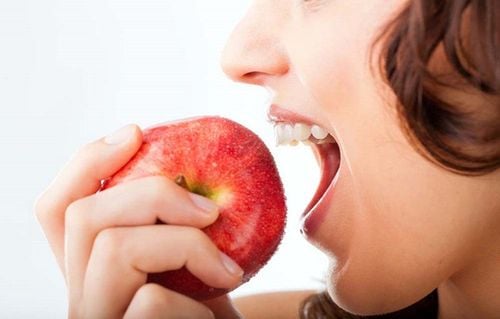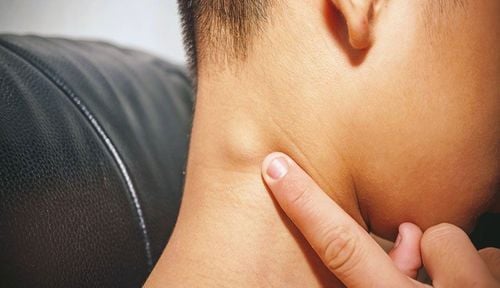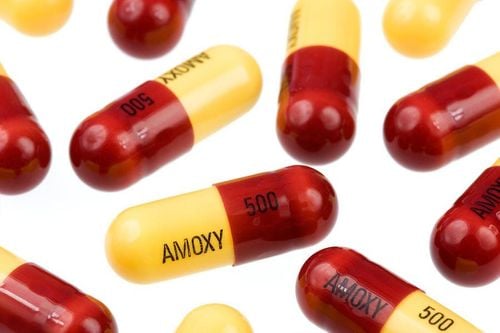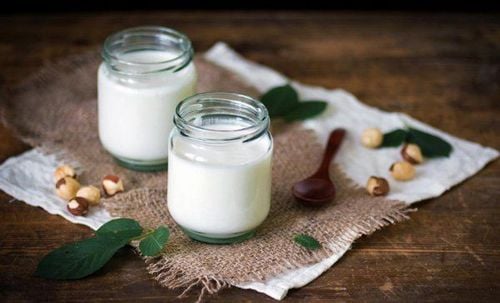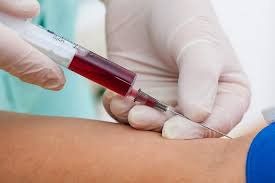Antibiotics are a powerful weapon against bacterial infections. However, they can sometimes cause side effects, such as diarrhea and liver damage. Some foods can reduce these side effects, while others can exacerbate them.
1. What is Immune Suppression?
The immune system is a collection of white blood cells, lymphocytes in the blood, lymph nodes, bone marrow, and spleen that work together to protect the body from microbial invasion. The immune system is most concentrated at the body's "entry points," especially the respiratory and digestive tracts. When the immune system is weakened, it causes many external impacts, making the body weak and affecting internal factors.
By producing antibodies or self-destroying with digestive enzymes, the immune system can eliminate invading agents such as viruses, bacteria, fungi, and parasites, preventing disease. Any cause that damages the immune system, preventing it from functioning properly, is called immune suppression.
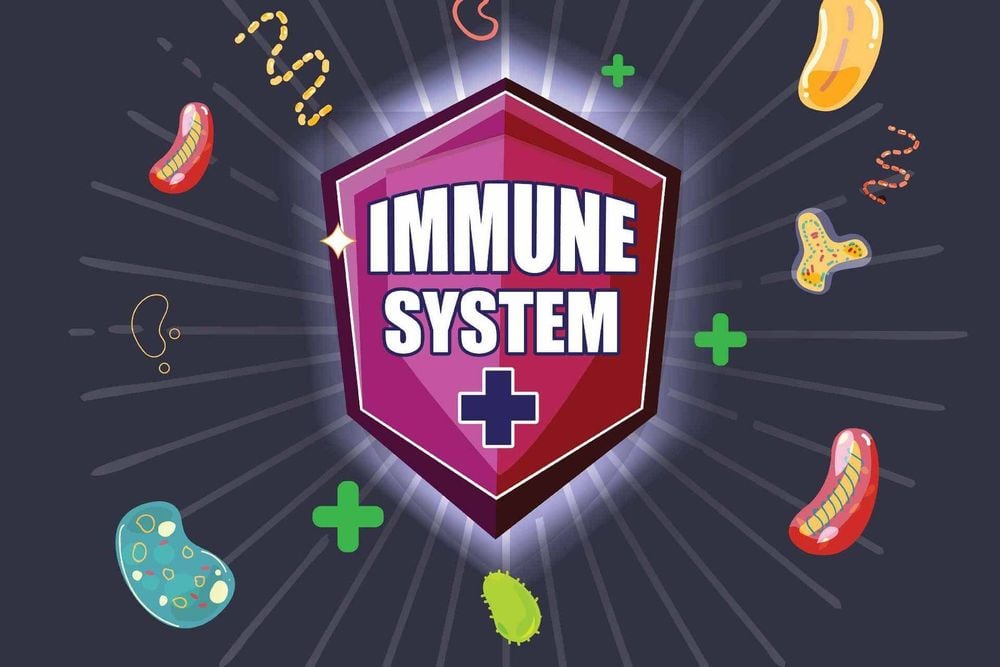
2. What are Antibiotics?
Antibiotics are a type of medication used to treat bacterial infections. There are many different types of antibiotics. Some are broad-spectrum, meaning they work on a range of disease-causing bacteria. Antibiotics are very important and effective in treating serious infections. However, they can come with some unwanted side effects.
For example, overuse of antibiotics can damage your liver. A study has shown that antibiotics are the most common cause of liver damage.
Antibiotics can also have a strong impact on the thousands of bacteria and other microbes living in your gut, collectively known as the gut microbiota. Besides killing disease-causing bacteria, antibiotics can kill healthy bacteria.
Taking too many antibiotics can drastically change the number and type of bacteria in the gut microbiota, especially in early life.
In fact, just one week of antibiotics can change the structure of the gut microbiota for up to a year. Some studies have shown that changes to the gut microbiota due to excessive antibiotic use in early life can even increase the risk of weight gain and obesity.
Furthermore, antibiotic misuse can lead to antibiotic resistance, making them ineffective in killing disease-causing bacteria.
Finally, by altering the types of bacteria living in the gut, antibiotics can cause side effects in the gut, including diarrhea.
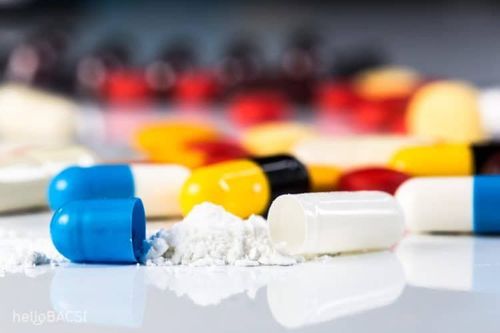
3. Taking Probiotics During and After Treatment
Taking antibiotics can alter the gut microbiota, potentially leading to antibiotic-associated diarrhea, especially in children. Children taking probiotics can reduce the risk of antibiotic-associated diarrhea.
However, since probiotics are often bacteria, they can also be killed by antibiotics if taken together. Therefore, it is important to take antibiotics and probiotics a few hours apart. Probiotics should also be taken after a course of antibiotics to restore some healthy gut bacteria that may have been killed.
4. Eating Fiber-Rich Foods
Fiber can be digested by the human body, but it can also be digested by gut bacteria, helping to stimulate their growth.
Therefore, fiber can help restore healthy gut bacteria after a course of antibiotics.
Some fiber-rich foods include whole grains (oatmeal, whole grain bread, brown rice), nuts, seeds, beans, lentils, broccoli, peas, bananas, and artichokes.
Studies have shown that fiber-containing foods not only stimulate the growth of healthy gut bacteria but can also reduce the growth of some harmful bacteria.
However, fiber can slow down the rate of stomach emptying. Conversely, this can slow down the absorption of drugs. Therefore, it is temporarily advisable to avoid fiber-rich foods during antibiotic treatment and instead focus on eating fiber after stopping antibiotics.
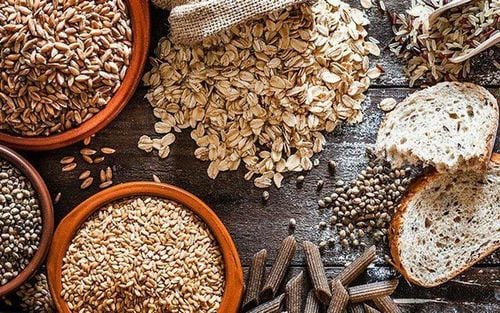
5. Eating Fermented Foods
Some fermented foods can also help restore the gut microbiota after being damaged by antibiotics. Fermented foods are produced by bacteria and include yogurt, cheese, sauerkraut, kombucha, and kimchi, among others. They contain some healthy bacteria, such as Lactobacilli, which can help restore the gut microbiota to a healthy state after antibiotic use.
Studies have shown that people who eat yogurt or fermented milk have higher levels of Lactobacilli in their gut and lower levels of disease-causing bacteria, such as Enterobacteria and Bilophila wadsworthia. Kimchi and fermented soy milk have similar beneficial effects and can help cultivate healthy gut bacteria, such as Bifidobacteria. Therefore, eating fermented foods can help improve gut health after antibiotic use.
Other studies have also found that fermented foods can be beneficial during antibiotic treatment. Some have shown that consuming regular yogurt or probiotic supplements can reduce diarrhea in people taking antibiotics.

6. Eating Prebiotic Foods
Unlike probiotics, which are live bacteria, prebiotics are foods that nourish good bacteria in your gut. Many fiber-rich foods are prebiotics. Fiber is digested and fermented by healthy gut bacteria, allowing them to grow.
However, other foods that are not high in fiber can act as prebiotics by helping the growth of healthy bacteria like Bifidobacteria. For example, red wine contains antioxidant polyphenols, which are not digested by human cells but are digested by gut bacteria. A study showed that consuming red wine polyphenol extract for four weeks can significantly increase the amount of healthy Bifidobacteria in the gut and reduce blood pressure and cholesterol levels.
Similarly, cocoa contains antioxidant polyphenols that have beneficial prebiotic effects on the gut microbiota. Some studies have shown that cocoa polyphenols also increase Bifidobacteria and Lactobacillus in the gut and reduce some unhealthy bacteria, including Clostridia.
Therefore, eating prebiotic foods after antibiotic use can help promote the growth of beneficial gut bacteria that have been damaged by antibiotics.
7. Avoiding Certain Foods That Reduce Antibiotic Effectiveness
Some foods should be avoided when taking antibiotics to prevent reducing their effectiveness:
- Grapefruit juice and many drugs are broken down by an enzyme called cytochrome P450.
- Eating grapefruit while taking antibiotics can prevent the body from breaking down the drug properly.
- Calcium-fortified foods can also affect antibiotic absorption. Studies have shown that calcium-fortified foods can reduce the absorption of many different antibiotics, including ciprofloxacin (Cipro) and gatifloxacin. Therefore, you may need to avoid high-dose calcium-fortified foods when taking antibiotics.
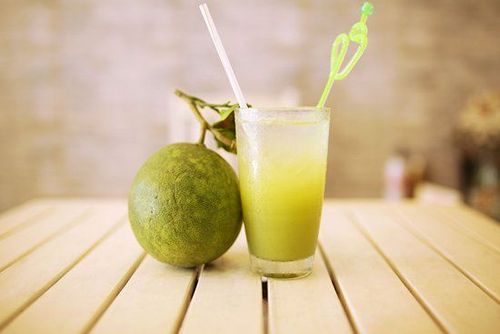
8. Using Antibiotics Responsibly to Avoid Immune Suppression
To ensure that antibiotic use does not affect the body's immune system and to maximize the beneficial effects of antibiotics in fighting infections, it is essential to follow the principles of antibiotic use.
This means only using antibiotics when it is certain that the infection is bacterial (most respiratory infections in children are viral and do not require antibiotics). Antibiotics must be used at the correct dosage and for the full duration. To do this properly, you need a doctor's prescription and should not self-medicate or treat family members without a doctor's approval.
Patients should not change medications or stop treatment when symptoms improve. Doctors should follow the principles of prescribing antibiotics and not prescribe them indiscriminately. Pharmacists should prioritize patient and community safety and not sell antibiotics without a doctor's prescription or change medications without a doctor's approval.
Additionally, boosting the immune system with a reasonable diet, daily exercise, and ensuring children are fully vaccinated according to the Expanded Immunization Program is essential.
To arrange an appointment, please call HOTLINE or make your reservation directly HERE. You may also download the MyVinmec app to schedule appointments faster and manage your reservations more conveniently.




